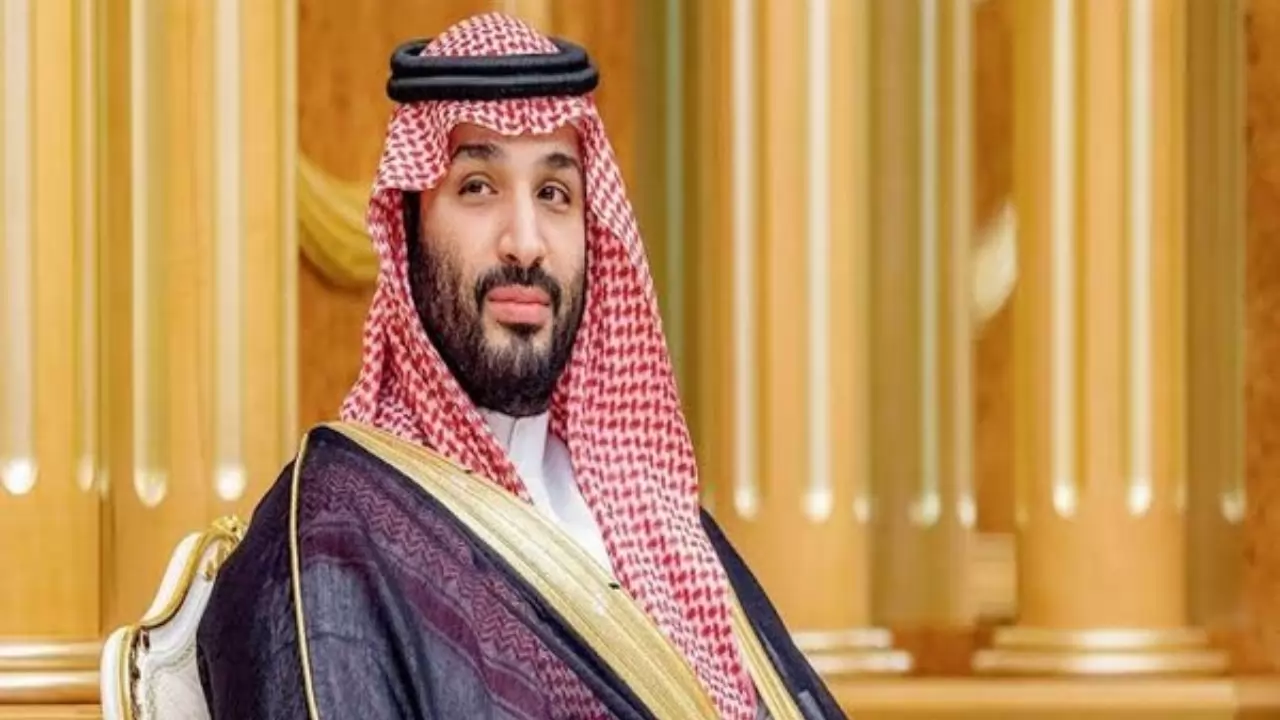
Saudi Arabia's Crown Prince Mohammed Bin Salman (ANI)
In a revealing conversation with US Secretary of State Antony Blinken, Saudi Arabia's Crown Prince Mohammed bin Salman candidly stated that he personally "doesn't care" about what he referred to as the "Palestinian issue." This statement, reported by The Atlantic, highlights the complexities surrounding US-Saudi negotiations in light of the ongoing conflict in Gaza.
The meeting between Blinken and the Crown Prince took place in January in Al-Ula, Saudi Arabia, as discussions of normalizing relations between Saudi Arabia and Israel intensified. This initiative had previously shown promise, particularly during US-led discussions, but was disrupted following the outbreak of war on October 7.
During the meeting, bin Salman conveyed a desire for calm in Gaza should a normalization deal be reached. He responded to Blinken's inquiries about Israel's military presence in the territory, stating, “They can come back in six months, a year, but not on the back end of my signing something like this.”
The Crown Prince elaborated on the generational divide within Saudi Arabia, noting that “seventy percent of my population is younger than me,” with many unaware of the historical context of the Palestinian issue. He emphasized that while he may not personally prioritize it, the sentiments of his people regarding Palestine are significant.
“I don’t care personally about the Palestinian issue,” he admitted. “But my people do, so I need to make sure this is meaningful.”
BIG NEWS 🚨 Saudi Arabia bans Imams from praying for Palestine or even mentioning it in their sermons in Saudi mosques.
— Times Algebra (@TimesAlgebraIND) September 27, 2024
Saudi prince Mohammed bin Salman said he personally DOESN'T CARE about Palestinian issue.
Saudi says THERE IS NO PLACE for 'political slogans' in Hajj in… pic.twitter.com/JqStsRXpdB
According to Middle East Eye, while bin Salman’s private comments may raise eyebrows, publicly, he has maintained a firm stance on the importance of establishing a Palestinian state with East Jerusalem as its capital before pursuing normalization with Israel. “The Kingdom will not cease its diligent efforts to establish an independent Palestinian state,” he stated during a recent address.
The conversation underscored the risks bin Salman faces in seeking normalization with Israel, drawing parallels to Egyptian President Anwar Sadat, who was assassinated in 1981 after signing a peace accord. “Half my advisers say that the deal is not worth the risk. I could end up getting killed because of this deal,” he remarked, acknowledging the precarious nature of his position.
Polling indicates that over 90 percent of Saudis believe Arab nations should sever ties with Israel amid the current conflict. Despite this overwhelming sentiment, the Saudi government has cracked down on expressions of solidarity with Palestinians, detaining individuals for voicing opinions on social media or wearing Palestinian attire, particularly in Mecca.





Copyright © 2026 Top Indian News
